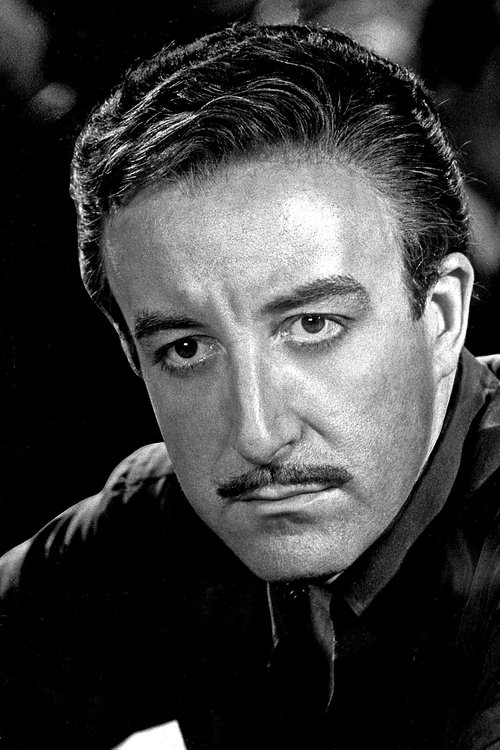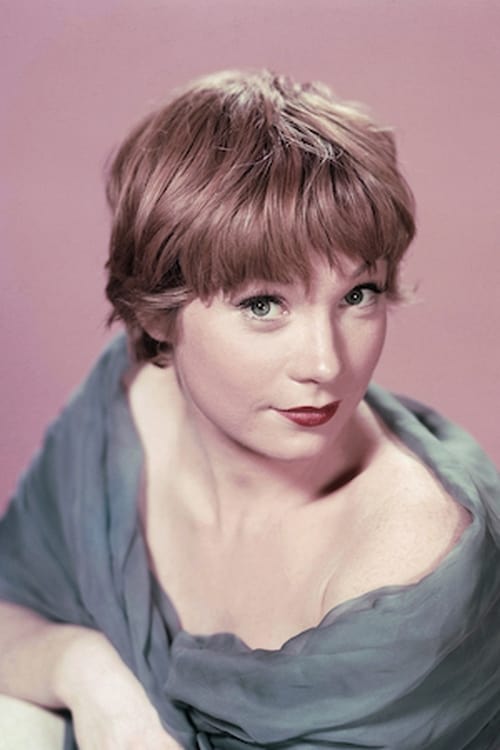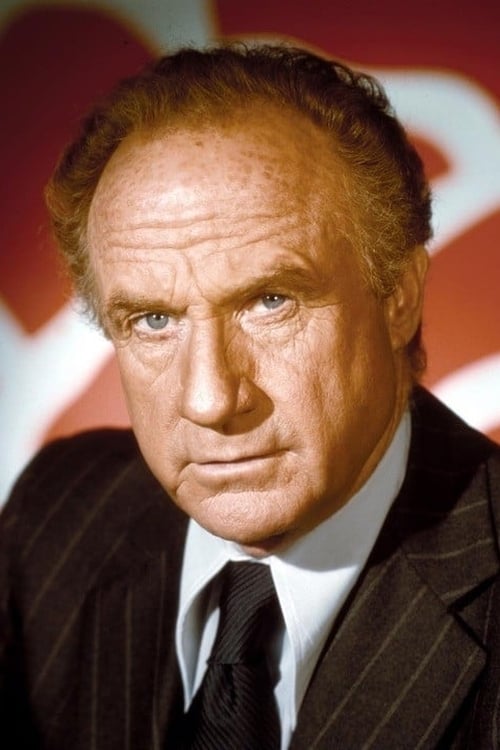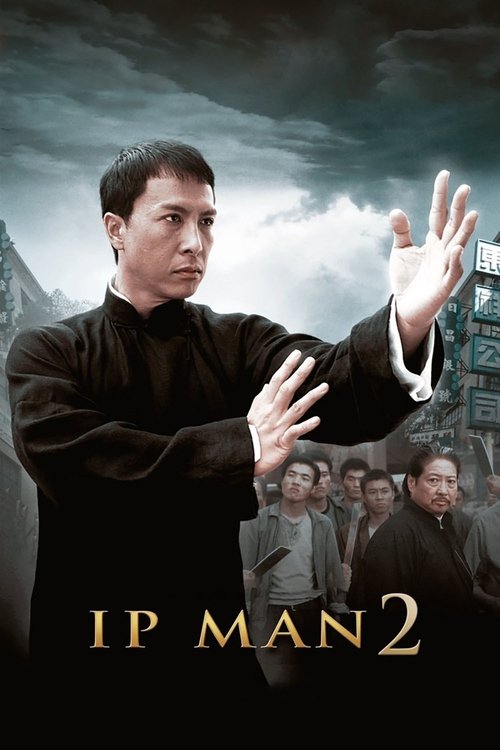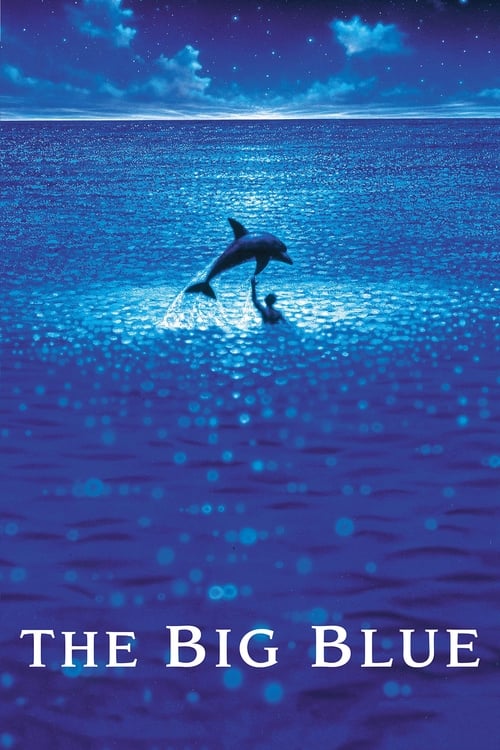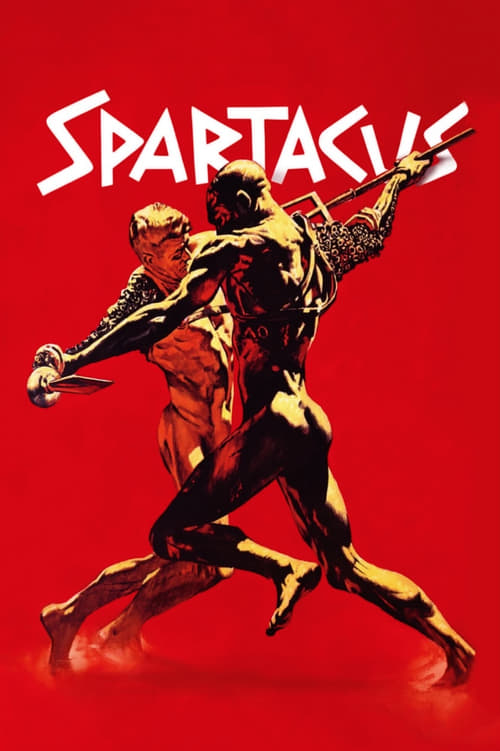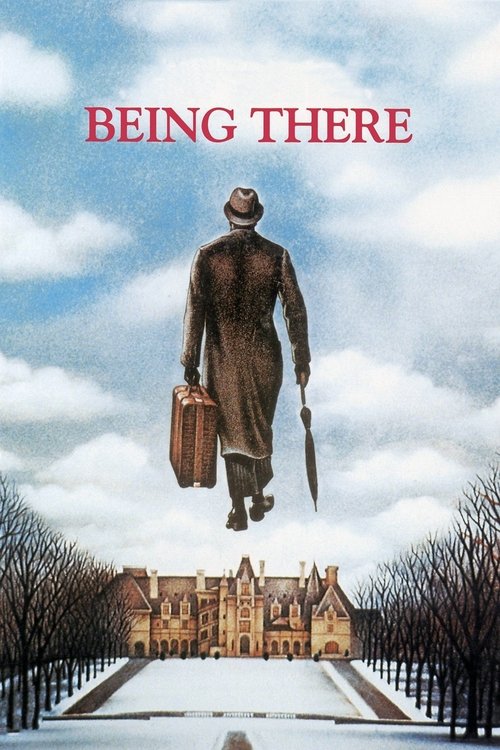
Being There
A simple-minded gardener named Chance has spent all his life in the Washington D.C. house of an old man. When the man dies, Chance is put out on the street with no knowledge of the world except what he has learned from television.
Dialogues from Movie Being There
Quotes from Movie Being There
Sound Tracks from Being There by Gamaliel Wilshire
Midnight Cowboy
Midnight Cowboy by John Barry, Used in various emotional scenes throughout the film
What A Wonderful World
What A Wonderful World by Louis Armstrong, Played during a significant moment of realization
Download App
Memorable Scenes from Movie Being There
Chance's First Encounter with the Outside World
Chance, a simple-minded gardener, steps out of his sheltered home for the first time after the death of his employer. This is a significant moment as it symbolizes him being thrust into the complexity of the real world. The visuals of bustling city life contrast sharply with his isolated existence, creating both a sense of wonder and confusion. As Chance navigates this new environment, his innocent remarks about nature and his gardening life are misinterpreted by those he meets as profound wisdom. This pivotal moment lays the groundwork for the entire narrative, as it changes Chance's life trajectory.
Context: Until this point, Chance knew only life in a confined garden, making this moment crucial for his character development and the larger themes of perception and misunderstanding.
The Dinner Conversation with Mr. Rand
During a lavish dinner at businessman Benjamin Rand's home, Chance finds himself seated at the table with influential people. In a pivotal moment, he speaks about the most basic concepts of gardening and nature, but Mr. Rand interprets his simple observations as insightful commentary on economics and society. The dramatic irony is palpable, and the tension rises as the guests hang on Chance's words, oblivious to his naivety. This scene is vital as it showcases how Chance, through his unintentional wisdom, influences powerful figures without realizing the impact he has.
Context: This dinner is a turning point in Chance's journey where his life starts intertwining with high society, showcasing the film's exploration of miscommunication and perception.
Chance’s Television Interview
Chance is invited to appear on a national television show, a moment that dramatically escalates his popularity. As he sits in front of the cameras, he communicates with his usual simplistic demeanor. The pivotal moment occurs when he utters, 'I like to watch.' This innocent statement is viewed by viewers as philosophical, leading to unexpected traction in the media. The aftermath reveals the widening gulf between Chance's true self and the persona created around him, amplifying the film's thematic focus on identity and societal perception.
Context: Leading up to this, Chance's life is already shifting, but this moment cements his role as an accidental guru, deepening the film's examination of authenticity versus societal roles.
The Funeral
At the funeral of his employer, Chance experiences an emotional moment when he realizes the depth of his loss. Visually, the stark, somber atmosphere reflects his inner turmoil. As he stands apart from the crowd, he speaks simply about death and life, which others misconstrue as profound insight. The pivotal moment happens when he expresses that seeds and planting represent love and care, showcasing how his simple life philosophy resonates strongly in that heavy environment. This scene marks a significant emotional breakthrough for Chance, and his innocence touches everyone present.
Context: This moment follows the revelation of his world being turned upside down, highlighting themes of grief, identity, and the misunderstandings between different societal spheres.
Eve's Revelation
When Eve Rand confronts Chance about his true identity, it serves as a crucial moment in the story. She discovers that he has no formal education or career and reacts with shock and disbelief. However, the emotional weight lies in her realization that Chance's wisdom comes from an honest place. The atmosphere is charged with tension as Eve grapples with her feelings for Chance. The aftermath of this conversation leads her to question her own values and decisions, emphasizing the film's exploration of authenticity versus pretense.
Context: This scene occurs as Eve becomes more entangled with Chance, raising questions about their relationship and the barriers of societal expectations.
The Garden Scene
In one of the most memorable moments, Chance is sitting alone in the garden, reflecting on life. The visual serenity captures the essence of his character, surrounded by nature. This moment acts as a thematic mirror for the audience, as Chance embodies the simplicity and vitality of life through his dialogue about growing seeds. The pivotal moment occurs when he draws attention to the interconnectedness of life and growth, unintentionally offering deeper insights about society. This revelation reshapes how viewers perceive Chance and what he represents.
Context: Leading up to this, Chance has faced significant changes in his life, making this moment a grounding point for his character amid the chaos.
The Electric Company Talk
When Chance is taken to meet executives at an electric company, his commentary about 'electricity' is perceived as a metaphor for change. The pivotal moment arises when he links it back to gardening, stating that all he knows is 'growing.' The executives are captivated, interpreting his naive thoughts as profound insights about technological progress. The significance of this scene lies in the absurdity of the situation, which, despite its humor, prompts the audience to consider how simple truths can be overlooked in complex discussions.
Context: This moment underscores the film's ongoing theme of misunderstanding and highlights Chance’s unintentional influence on various powerful figures.
The Moment of Decision
Towards the film's climax, Chance finds himself at a critical juncture: he must choose whether to continue living a façade or reveal his true self. This moment is heightened by the emotional stakes involved with his relationship with Eve and the expectations of society. The tension peaks as he contemplates the meaning of life as he knows it. The aftermath of this internal struggle will lead to profound consequences that resonate with the essence of his character and the film’s commentary on identity and success.
Context: Building up to this moment, Chance's experiences in society have changed him, making this decision a pivotal point for both his personal journey and the broader narrative.
The Climactic Speech
In the final scenes, Chance is asked to articulate his views on the future. The pivotal moment occurs when he speaks plainly about gardening, using metaphors that everyone interprets in their way. The room is filled with anticipation as the audience hangs on his every word, despite their disconnect with his meaning. The emotional weight carried here is heavy, as it reveals the absurdity of attaching deep significance to superficial statements.
Context: This scene serves as a capstone for Chance's arc, encapsulating the entire spectrum of misunderstandings that have defined his interactions with the world.
The Final Walk
As Chance walks away from the crowd after making his speech, the visuals beautifully capture him strolling past the water, a metaphor for his continuing journey. In this moment, there's a serene culmination of his character arc. The pivotal point arises when he looks back, revealing both his innocence and the disconnect with the society that has embraced him. The emotional weight is profound because it symbolizes the complexities of existence and identity, leaving viewers to ponder whether Chance has truly found his place.
Context: Leading up to this final moment, Chance has made an impression on society that forever changes his path, bringing the film’s exploration of identity and misunderstanding to a poignant conclusion.
Chance's Simple Truths
A key moment occurs when Chance speaks to Eve about his past life, explaining his simple routines in the garden. The tension peaks when Eve challenges him, and he responds with straightforward observations about life and growth. Their dialogue is filled with both curiosity and frustration, capturing the essence of their dynamic. The moment resonates deeply as it reflects Chance’s pure and unfiltered understanding of the world.
Context: This encounter is crucial as it showcases Eve’s struggle between her growing affection for Chance and her disillusionment with her own life, amplifying the film’s themes of love and authenticity.
The Exchange with the Secret Service
Chance’s encounter with the Secret Service agents unfolds comically as they misinterpret his naive demeanor for wisdom. The pivotal moment arises when he inadvertently provides them with life advice, blending his gardening insights with unintended rhetorical flair. The humor and absurdity of the situation elevate the scene and underline the theme of miscommunication. After this moment, Chance gains a reputation that continues to spiral out of his control.
Context: Leading up to this, Chance has already caught the attention of powerful figures, serving as a comedic yet transformative stepping stone in his journey.
Eve's Emotional Confession
In a tender moment, Eve confesses her growing feelings for Chance while revealing her insecurities. The pivotal point comes when she recognizes that Chance's unwavering simplicity offers her solace in a chaotic world. The emotional weight of her confession is palpable, highlighting Chance's significance in her life. This exchange deepens their connection and illustrates how intertwined their fates have become, which resonates with the ongoing theme of searching for identity in a complicated society.
Context: This moment occurs as Eve grapples with her own disillusionment, marking a transformative phase in their relationship.
The City Stroll
As Chance walks through the city, he becomes overwhelmed by the sights and sounds of urban life. The pivotal moment arises when he momentarily disconnects from it all and reflects on the beauty around him, speaking softly about nature and familiarity. The emotional complexity of this scene reveals his uncertainty within a bustling world. This juxtaposition between his simplicity and the intricacies of society serves to amplify the central themes of the film.
Context: This scene helps viewers connect deeper with Chance and his struggles with identity and acceptance within a society that values complexity over simplicity.
The Revelation to the Doctor
In a pivotal moment with a doctor, Chance reveals his lack of formal education or experience, exposing his vulnerability. The emotional stakes escalate as he faces the judgment of others. This scene highlights how Chance's perceived wisdom is built on a facade, shattering the illusion created around him. The aftermath reshapes the audience's understanding of his character, forcing viewers to confront the nature of identity.
Context: Leading up to this revelation, Chance has found himself in elite circles, setting the stage for this critical truth about who he really is.
Eve and Chance's Quiet Evening
As Chance and Eve share a calm evening in her home, the stillness is filled with an unspoken connection. The pivotal moment occurs when they exchange heartfelt glances, showcasing their growing intimacy. The soft lighting and quiet atmosphere add to the emotional weight of the moment as both characters silently acknowledge their feelings. This scene serves as the heart of their relationship, emphasizing how Chance's innocence complements Eve's complexity.
Context: Leading up to this moment, their relationship has unfolded in a whirlwind of external pressures, making this serene exchange crucial for their growth.
The Unintentional Mentor
During a meeting with corporate leaders, Chance inadvertently finds himself positioned as a voice of reason. The pivotal moment occurs when he articulates simple truths about life that resonate deeply with the audience, turning the room's atmosphere electric. The aftermath transforms him into an unlikely mentor figure despite his ignorance, tying into the overarching theme of superficial understanding versus genuine insight.
Context: This scene encapsulates Chance's unintentional rise to prominence, highlighting how perception shapes reality.
Meeting the Influencers
Chance’s introduction to prominent social figures showcases an engaging mixture of humor and unease. The pivotal moment arises when they ask him about politics, leading to his innocent yet profound responses about life and growth. The reactions of the audience reveal their profound misunderstanding, encapsulating the absurdity of their perceptions. This moment emphasizes the satirical commentary on society's fixation on image versus substance.
Context: This introduction sets the stage for Chance’s evolving presence, drawing attention to how society often misjudges simplicity for depth.
The Emotional Climax
As Chance is thrust into the political spotlight, a critical moment occurs when he is asked point-blank about his vision for the future. He returns to familiar themes of gardening, underscoring his simple perspective. The audience’s reaction turns from confusion to admiration, creating a palpable tension in the air. This moment encapsulates the heart of the film, demonstrating the disconnect between intention and interpretation.
Context: Aligned with the narrative build-up, this moment acts as a culmination of Chance’s journey, addressing the film's exploration of authenticity and misunderstanding.
The Farewell to the Old Life
In a context of major change, Chance bids farewell to the only home he has known. The emotional weight of leaving behind his garden symbolizes the departure from innocence to the complexities of life. This pivotal moment emphasizes the transformative journey he's undertaken, as he steps into an uncertain future. The scene powerfully illustrates the delicate balance between nostalgia and progress.
Context: This moment highlights Chance's evolution as he leaves behind a predictable life, positioning him towards uncertainty as he is embraced by society.
Chance's Legacy
In the film’s conclusion, Chance’s influence on society resonates through various characters he interacted with. This pivotal moment highlights the irony of his unintentional mentorship and spirit, impacting the powerful figures around him. The emotional weight of this realization lingers, leaving viewers pondering the essence of understanding and impact across societal tiers. Chance walks away, embodying the film’s themes of innocence and depth.
Context: The final moments cap off Chance’s transformative journey, provoking thoughtful reflection on identity, perception, and societal values.
Download App


